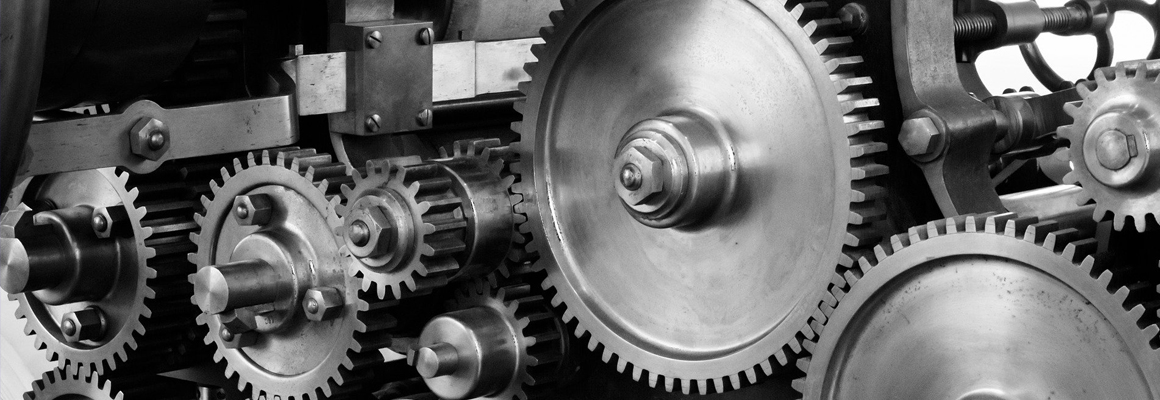Maximize Efficiency: Top Industrial Waste Sorting Equipment Deals
In an era where environmental sustainability is increasingly prioritized, the demand for industrial waste sorting equipment has skyrocketed. Companies are under pressure to minimize waste, recycle materials, and adhere to stricter environmental regulations. For buyers involved in foreign trade, the wholesale procurement of industrial waste sorting equipment presents both an opportunity and a challenge. This article delves into current trends, considerations, and tips for maximizing efficiency in sourcing this vital equipment.
If you are looking for more details, kindly visit Industrial Waste Sorting Equipment Wholesale.
The industrial sector is rapidly evolving, with businesses turning to advanced technologies for waste management. Waste sorting equipment, such as sorting machines, conveyor belts, and shredders, plays a crucial role in streamlining the recycling process. The proper sorting of materials not only enhances recycling rates but also contributes to cost savings by reducing landfill fees and promoting the repurposing of usable resources. As more companies recognize these benefits, the global market for waste sorting equipment has expanded, attracting a multitude of suppliers.
When purchasing industrial waste sorting equipment wholesale, buyers must first conduct thorough market research. Understanding the different types of equipment available and their capabilities is crucial. For instance, air classifiers separate lightweight materials from heavier debris, while optical sorters use advanced technology to identify and sort materials based on their color and material type. Buyers should consider what specific needs their operations require. This ensures they select the right equipment for their waste management processes, contributing to overall efficiency.
While many suppliers offer diverse products, it’s essential to assess their reliability and reputation. Buyers should look for manufacturers with a proven track record in the industry. Reading customer reviews, seeking referrals, and exploring case studies can provide insight into a supplier’s reliability. Partnering with established suppliers that offer quality equipment and after-sale support can significantly enhance procurement efficiency.
Another vital aspect of wholesale purchasing is negotiating favorable terms. Buyers should aim for bulk discounts, flexible payment options, and warranties that guarantee the quality and longevity of the equipment. Businesses involved in international trade must also account for shipping costs, customs duties, and delivery times. It’s beneficial to build strong relationships with shipping partners to facilitate smooth logistics. A well-structured supply chain not only minimizes costs but also improves the overall efficiency of waste sorting operations.
Further reading:Ultimate Guide to Waste Separation System: Simplify Recycling Today!
Furthermore, energy efficiency is a growing priority in today’s industrial landscape. Many manufacturers are responding to this trend by designing equipment that consumes less energy while maintaining high performance. Buyers should consider selecting energy-efficient models that align with their sustainability goals. Investing in modern, energy-efficient equipment will not only benefit the environment but also lead to long-term cost savings.
As the demand for circular economy practices increases, the recycling of materials has become a strategic focus for many industries. Businesses are now more committed to their corporate social responsibility (CSR) initiatives, aiming to reduce waste and enhance their sustainability profiles. This trend has led to innovations in waste sorting equipment. Buyers should stay abreast of emerging technologies and trends in the waste management sector to make informed purchasing decisions. Engaging with industry forums, attending trade shows, and leveraging online resources can help buyers remain competitive.
In addition to evaluating equipment performance and supplier reliability, buyers should also analyze compliance with international standards and regulations. Equipment that meets high safety and environmental standards not only helps businesses avoid legal complications but also enhances brand reputation. Ensuring that selected suppliers comply with these requirements is essential for long-term success.
Finally, after the equipment has been procured, effective training for staff handling the machinery is crucial. Providing comprehensive training can improve operational efficiency and minimize the risk of accidents or breakdowns. Additionally, establishing a regular maintenance schedule can prolong the lifespan of the equipment, thus maximizing the return on investment.
In conclusion, navigating the wholesale market for industrial waste sorting equipment requires a strategic approach. By conducting thorough research, fostering relationships with reliable suppliers, negotiating favorable terms, embracing energy efficiency, staying informed about industry trends, and ensuring compliance with regulations, buyers can maximize efficiency and effectively contribute to their organization’s sustainability goals. As the world continues to prioritize waste reduction, the role of waste sorting equipment will only become more critical.
Are you interested in learning more about kitchen waste management project? Contact us today to secure an expert consultation!
211
0
0
All Comments (0)
Previous: Ultimate Guide to Waste Separation System: Simplify Recycling Today!
Next: What to Look for in Oil Extraction Machine Manufacturers?
If you are interested in sending in a Guest Blogger Submission,welcome to write for us!




Comments